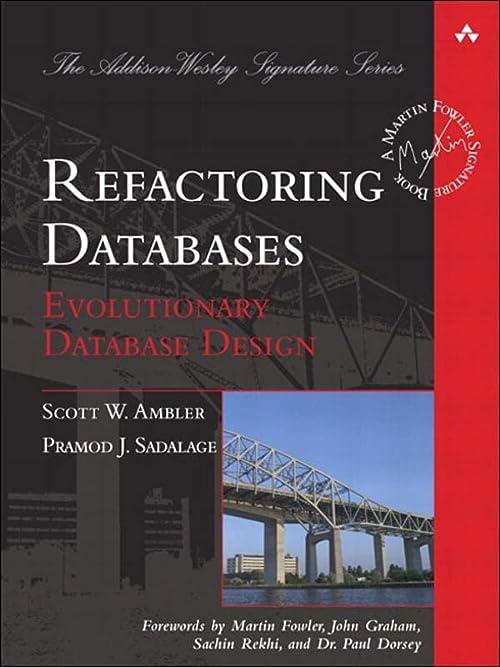Answered step by step
Verified Expert Solution
Question
1 Approved Answer
Suppose you have an algorithm that tests whether any element of an array is duplicated elsewhere in the array. The first element must be compared
Suppose you have an algorithm that tests whether any element of an array is duplicated elsewhere in the array. The first element must be compared with every other element in the array. The second element must be compared with every other element except the first it was already compared to the first The third element must be compared with every other element except the first two. In the end, this algorithm makes n n or n n comparisons. Which of the following statements is false? Question options: Big O is concerned with how an algorithm's run time grows in relation to the number of items, n processed. When n is small, On algorithms on today's super fast computers will not noticeably affect performance, but as n grows, you'll start to notice performance degradation. An On algorithm operating on a billionelement array not unusual in today's bigdata applications would require a quintill
Step by Step Solution
There are 3 Steps involved in it
Step: 1

Get Instant Access to Expert-Tailored Solutions
See step-by-step solutions with expert insights and AI powered tools for academic success
Step: 2

Step: 3

Ace Your Homework with AI
Get the answers you need in no time with our AI-driven, step-by-step assistance
Get Started


